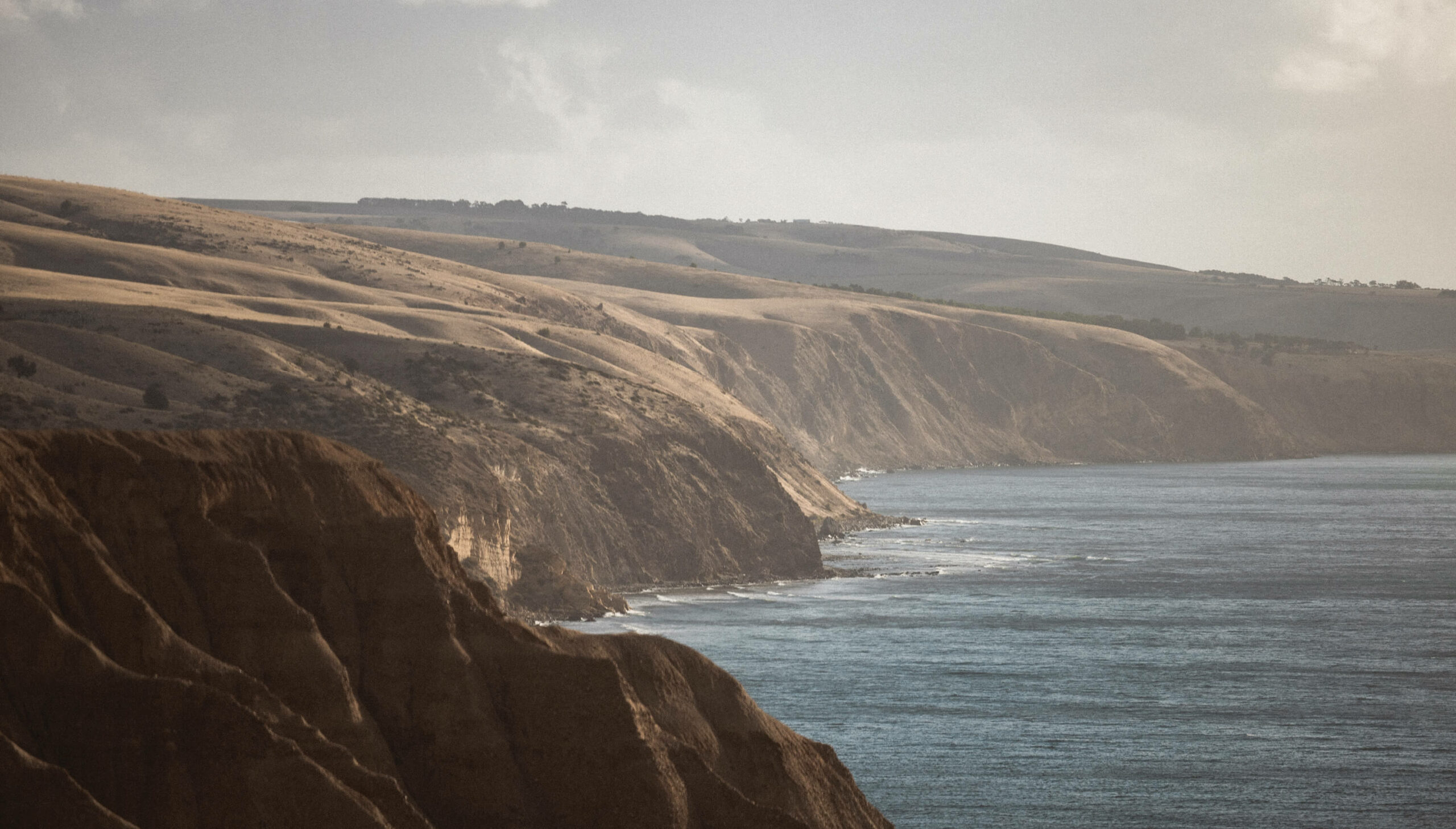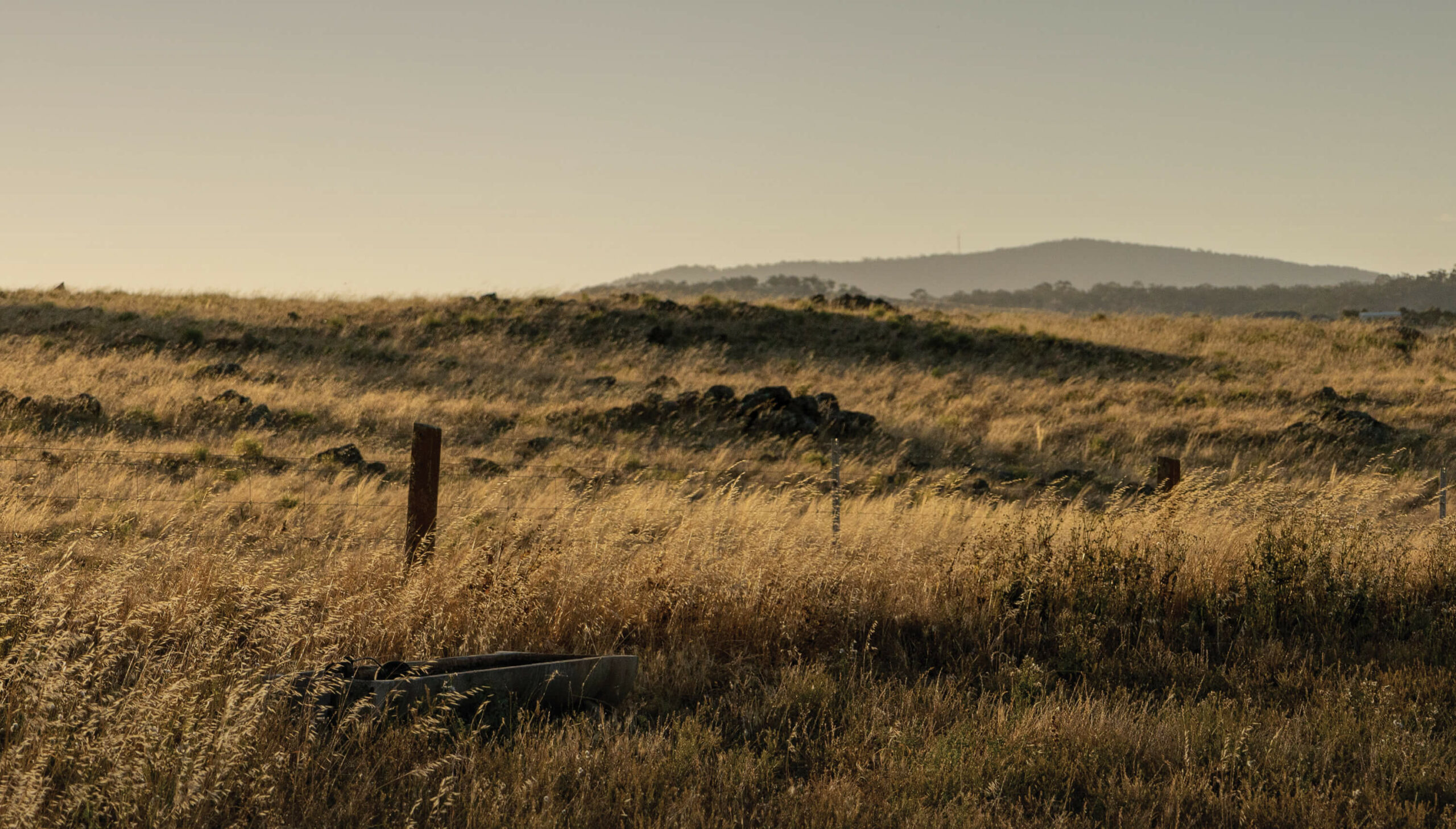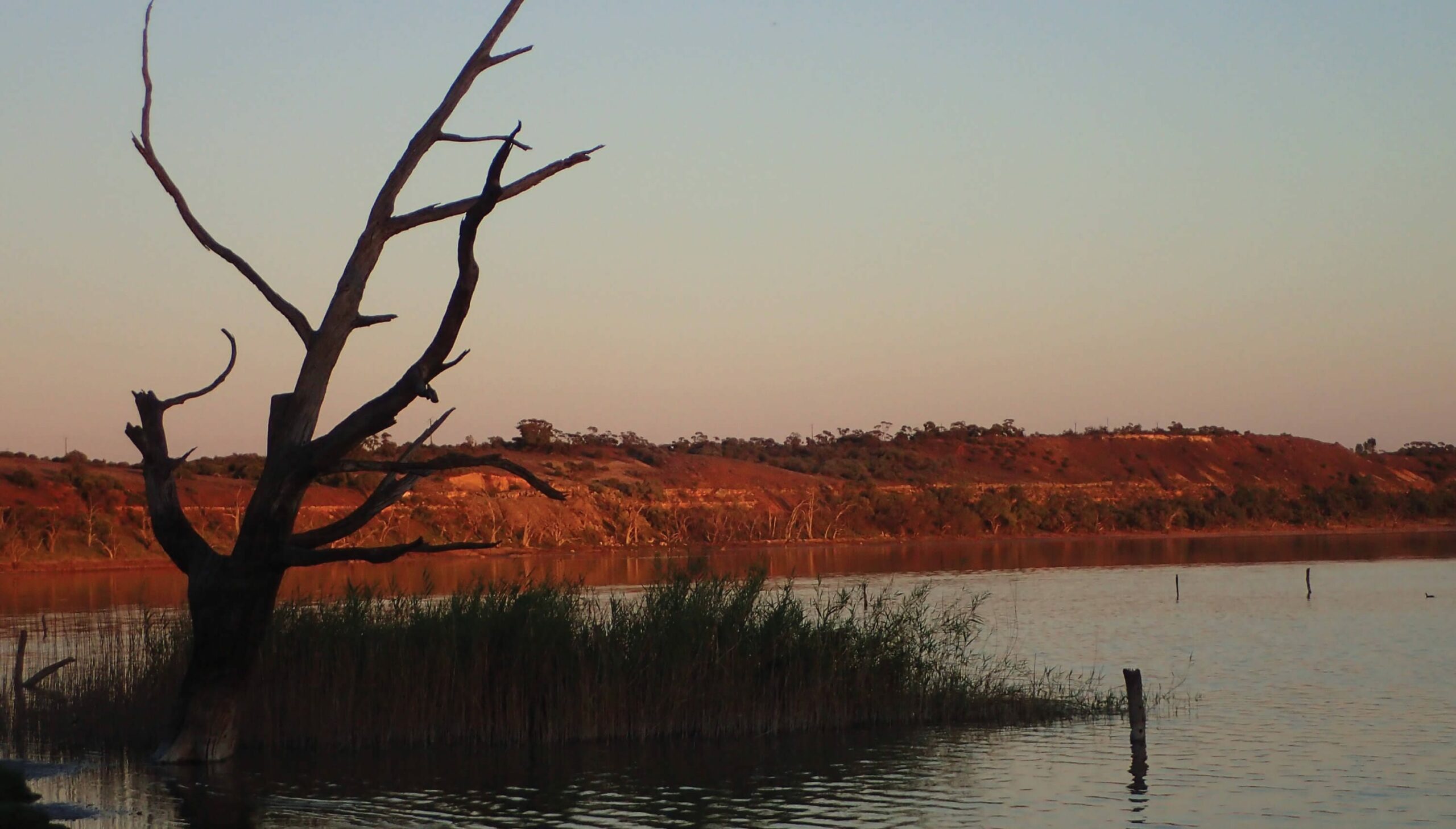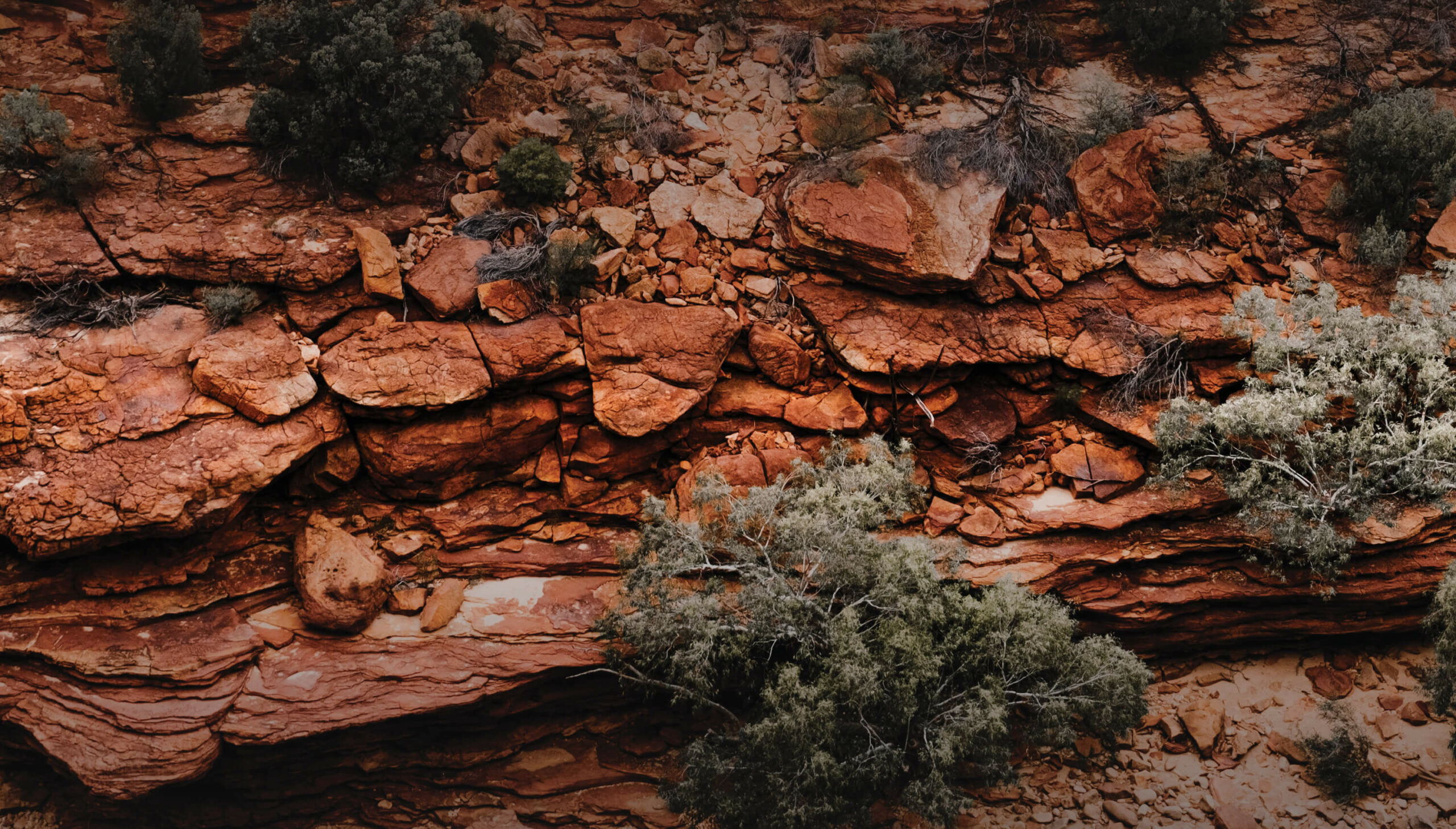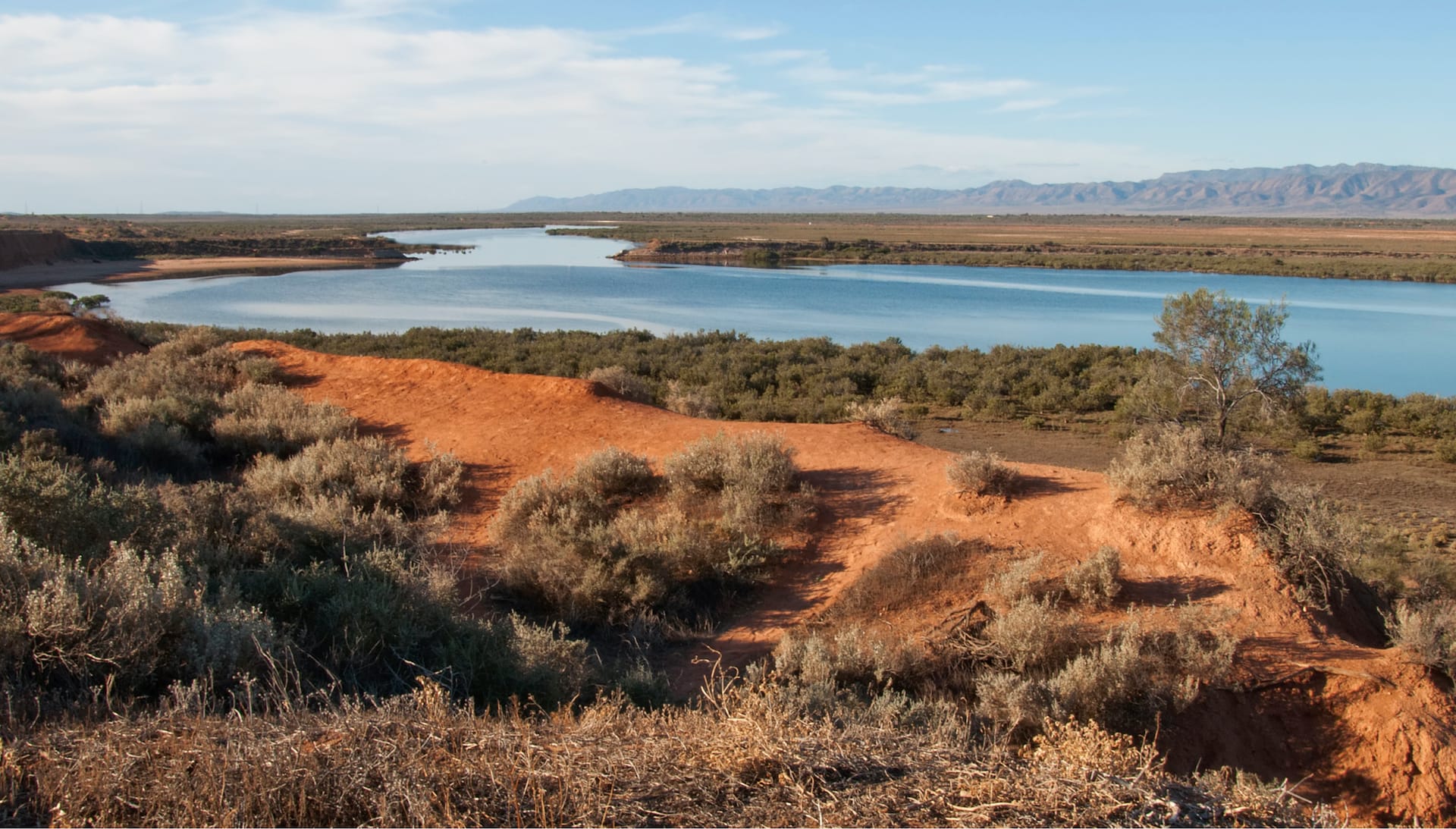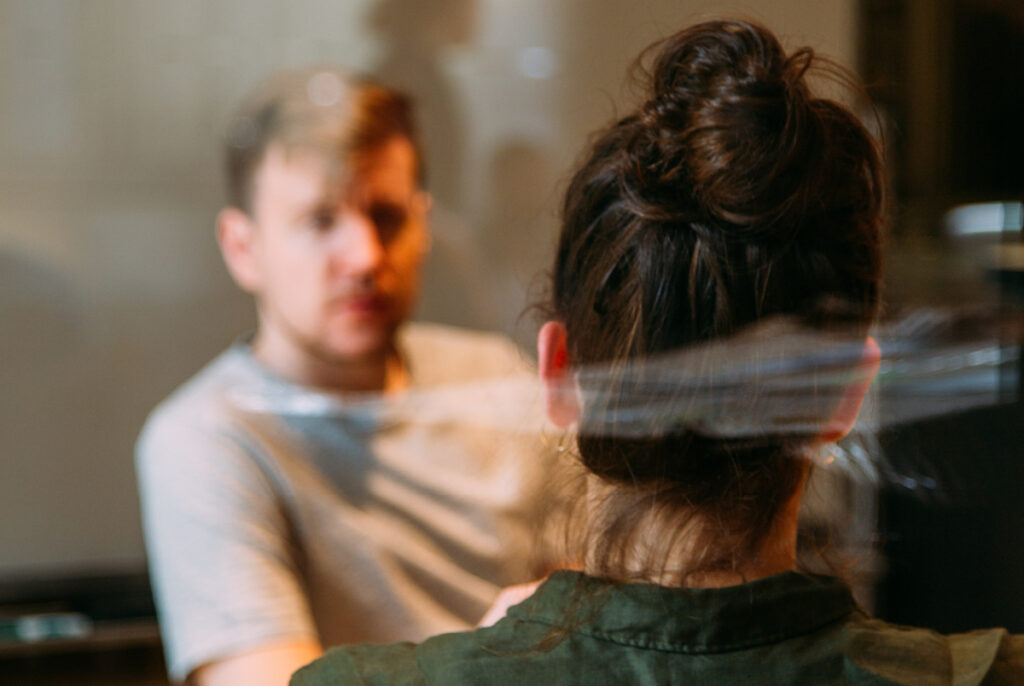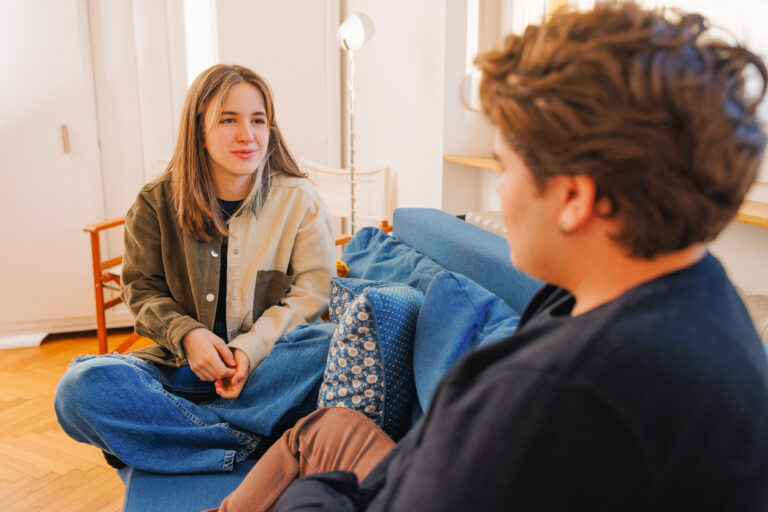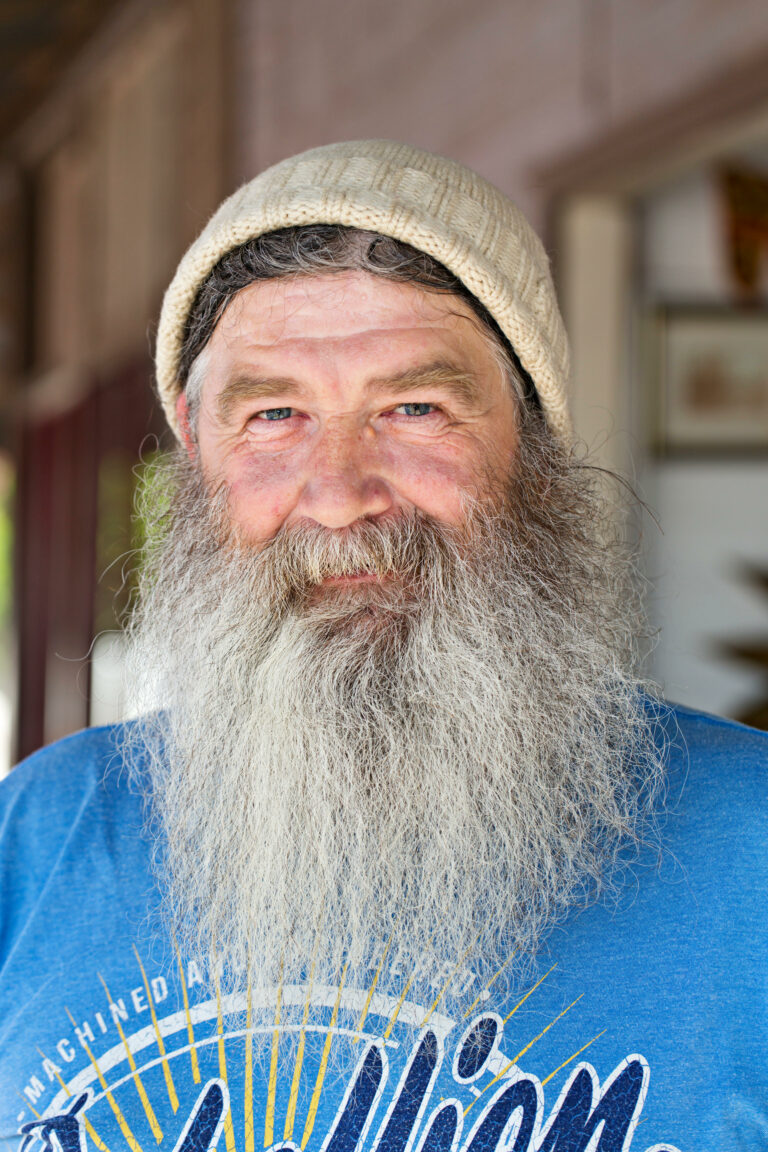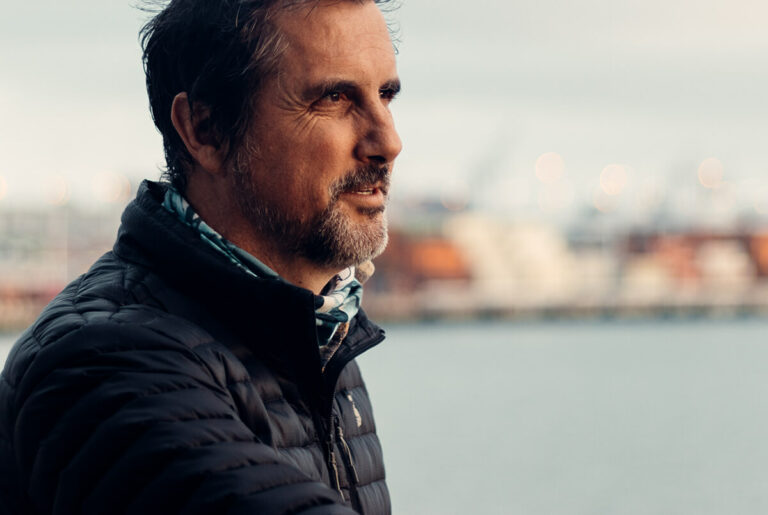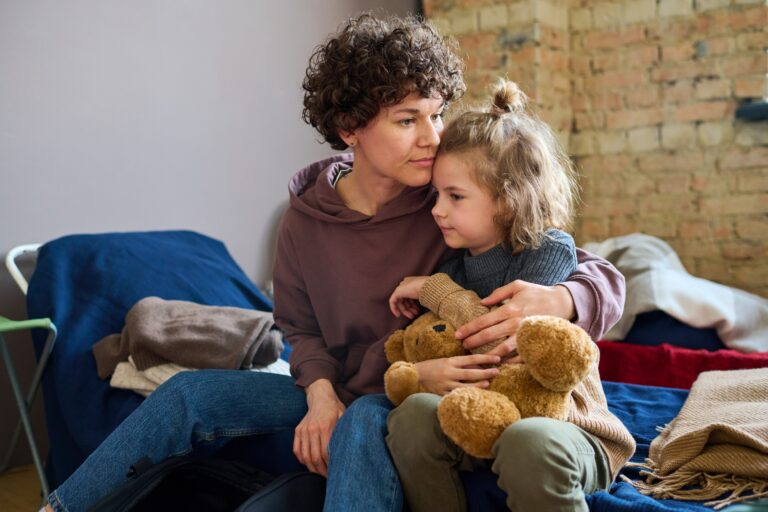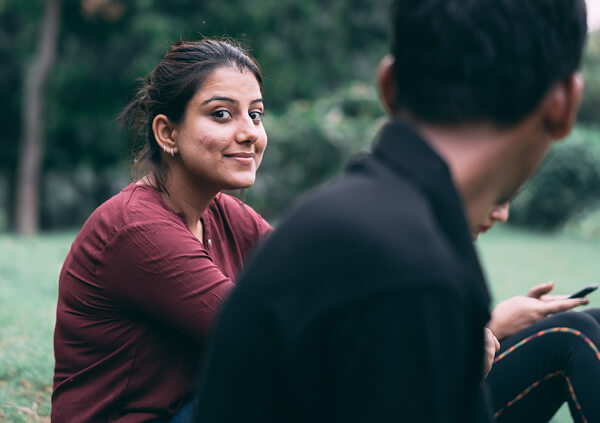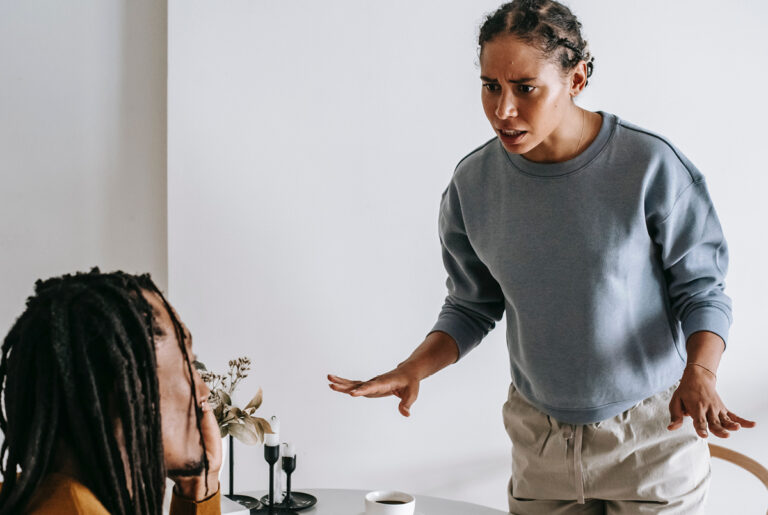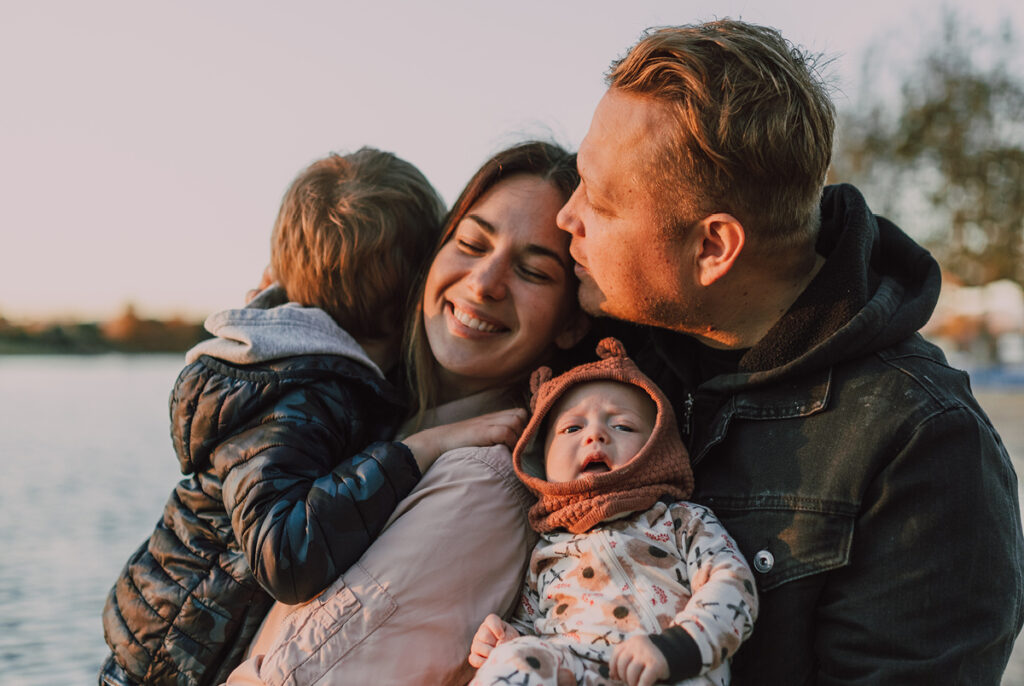Overview
Who It's For
Anyone who has been harmed by a crime directly or who has been impacted significantly by the harm a crime has caused.
How We Help
We help people who have been impacted by crime to manage the impacts of trauma and navigate the processes of the criminal justice system.
What to Expect
• In-person services across the state. • Outreach in regional locations • Telephone and telehealth available • Services provided Mon–Fri, with some after hours availability
How we Help:
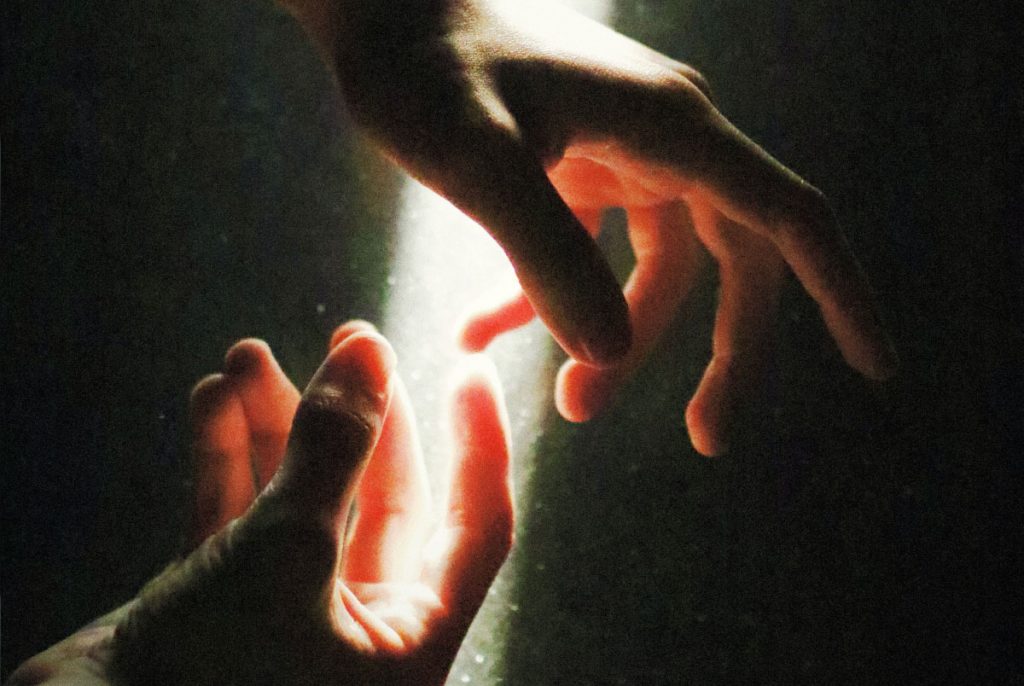
“Relationships Australia helped me when I lost my child. My rebuild counsellor has helped me deal with my loss. The strategies are helping me to function better – I don’t have to struggle in silence any longer. I have the right support to overcome my suffering and grief, in so many ways. Thank you so much.”

Funding Acknowledgement
Funded by the Government of South Australia Attorney-General’s Department.
Resources are available from the Commissioner for Victim’s Rights website.
